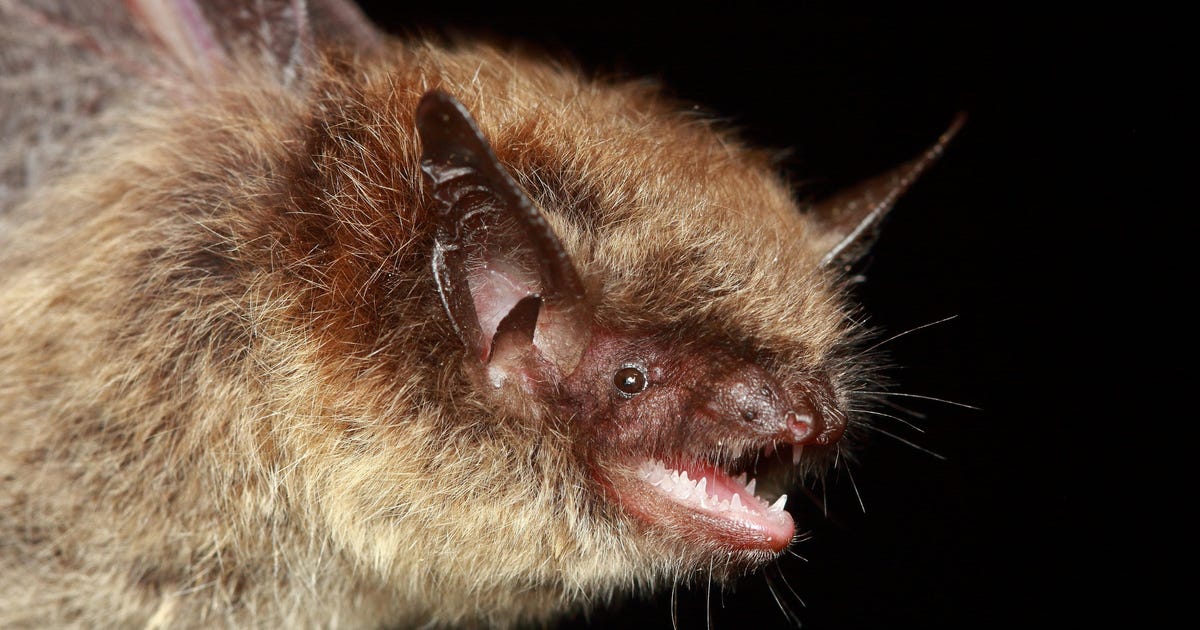Tel Aviv University Study Reveals Bats Navigate Home Using Echolocation

Tel Aviv, Israel – A groundbreaking study from Tel Aviv University has shed light on the navigational abilities of bats, debunking myths and revealing that these nocturnal creatures can find their way home even when blindfolded. The research, led by Aya Goldshtein, Lee Harten, and Prof. Yossi Yovel, focused on Kuhl's pipistrelle microbats, small insect-eating bats known scientifically as Pipistrellus kuhlii.
Contrary to popular belief that bats rely solely on their vision or short-range echolocation for navigation, the study published in Science demonstrated that these bats can navigate over distances of several kilometers using only auditory cues. "We've shown that even when their eyes are covered, these bats can still return to their roosts, suggesting they use a form of acoustic cognitive mapping," Prof. Yovel explained.
In the experiments, researchers captured wild bats from their roosts, transported them approximately 3 kilometers away, and then released them under conditions where visual, olfactory, and magnetic cues were minimized or eliminated. The bats were equipped with tiny trackers and had felt blindfolds glued around their eyes, which they could remove upon landing but not during flight.
The results were startling; 95% of the bats successfully returned home, navigating through the dark with their echolocation abilities alone. "This indicates that they are capable of creating a mental map of their environment using sound," said Yovel. The study also involved disabling potential geomagnetic navigation by attaching small magnets to the bats' heads, further isolating the role of echolocation.
This discovery challenges the long-standing assumption that bats' sonar is limited to short-range prey detection. Instead, it suggests a broader application of echolocation for long-distance navigation, potentially revolutionizing how we understand animal navigation systems.
The research also highlighted the resilience of these creatures. "Despite the temporary sensory deprivation, the bats seemed unfazed by the experiment," noted Yovel. This resilience is particularly notable in microbats, which, unlike their fruit-eating counterparts like the Egyptian fruit bats, are adapted to navigate in complete darkness.
The study not only enhances our understanding of bat biology but also opens new avenues for research into sensory mechanisms in other animals. As for the bats, once they reached their familiar roosts, they quickly shed their blindfolds, demonstrating an impressive ability to adapt and survive under challenging conditions.
This fascinating insight into bat navigation adds another layer to the complex tapestry of animal behavior, suggesting that what we once dismissed as simple echolocation might be a sophisticated navigation tool used by these creatures in their daily survival.
